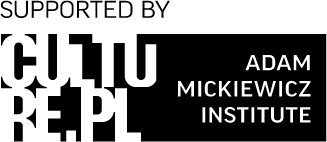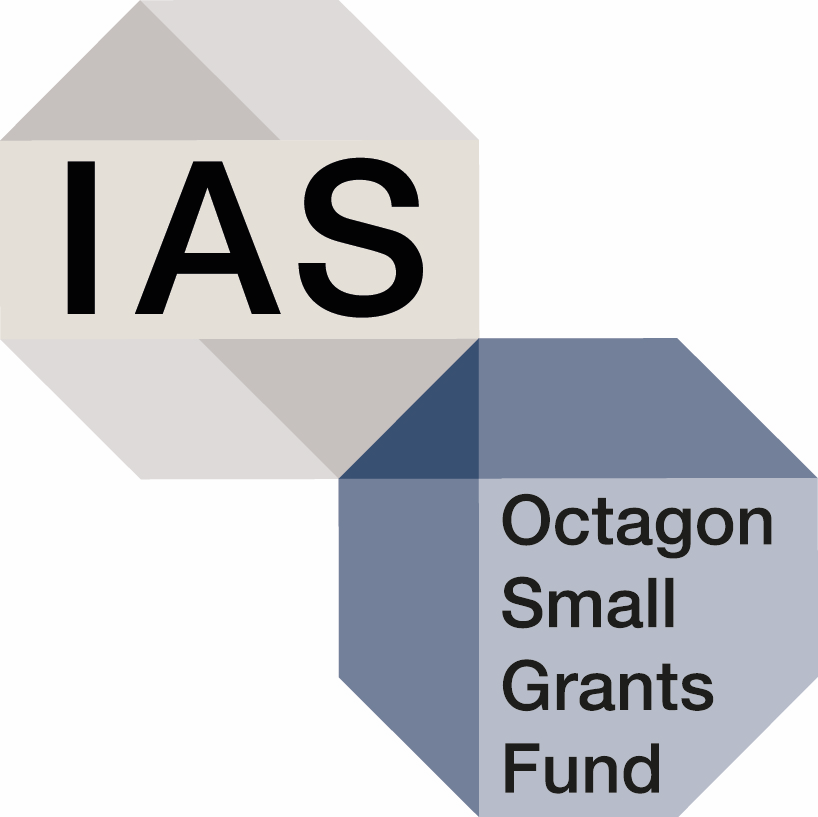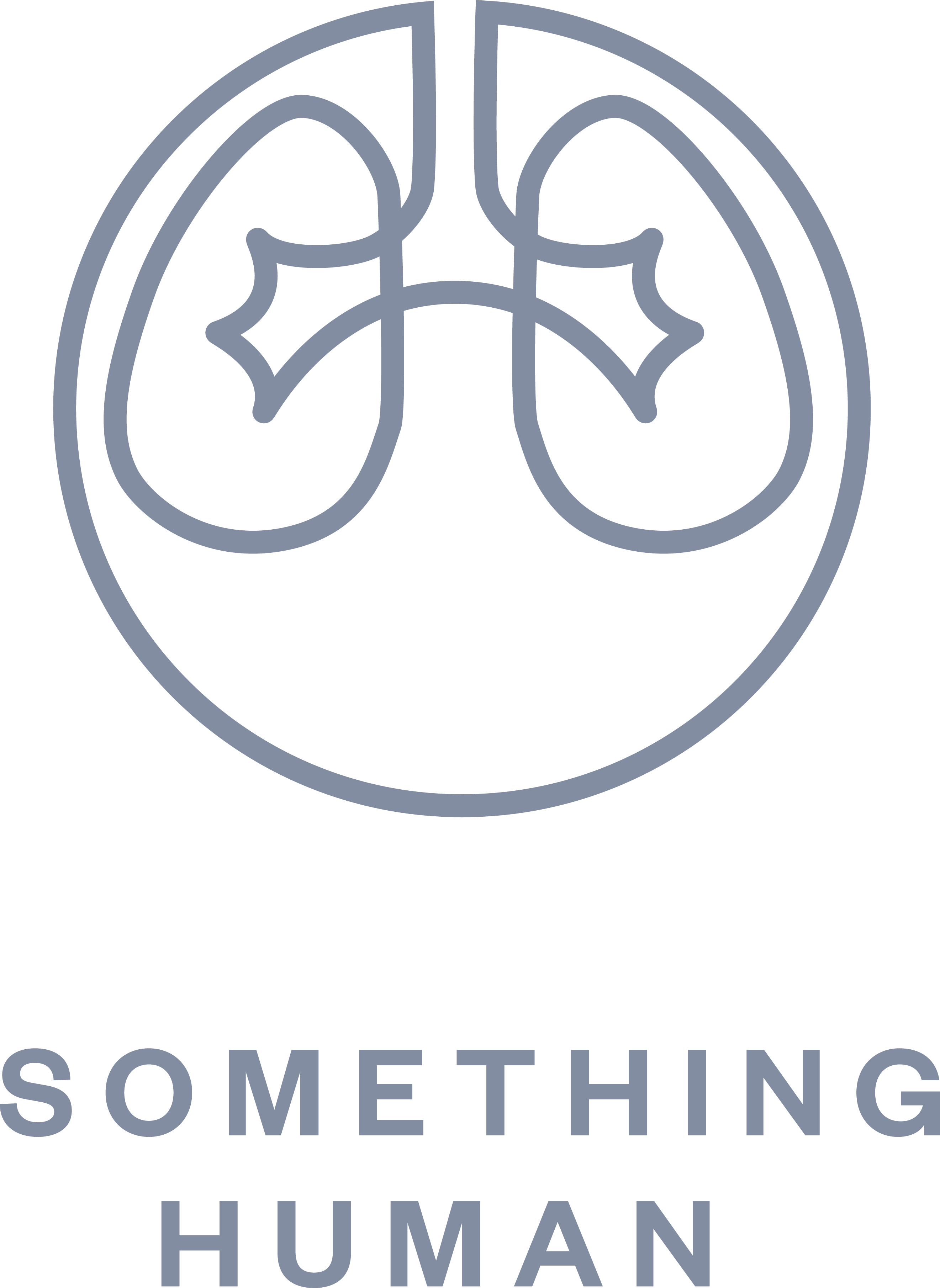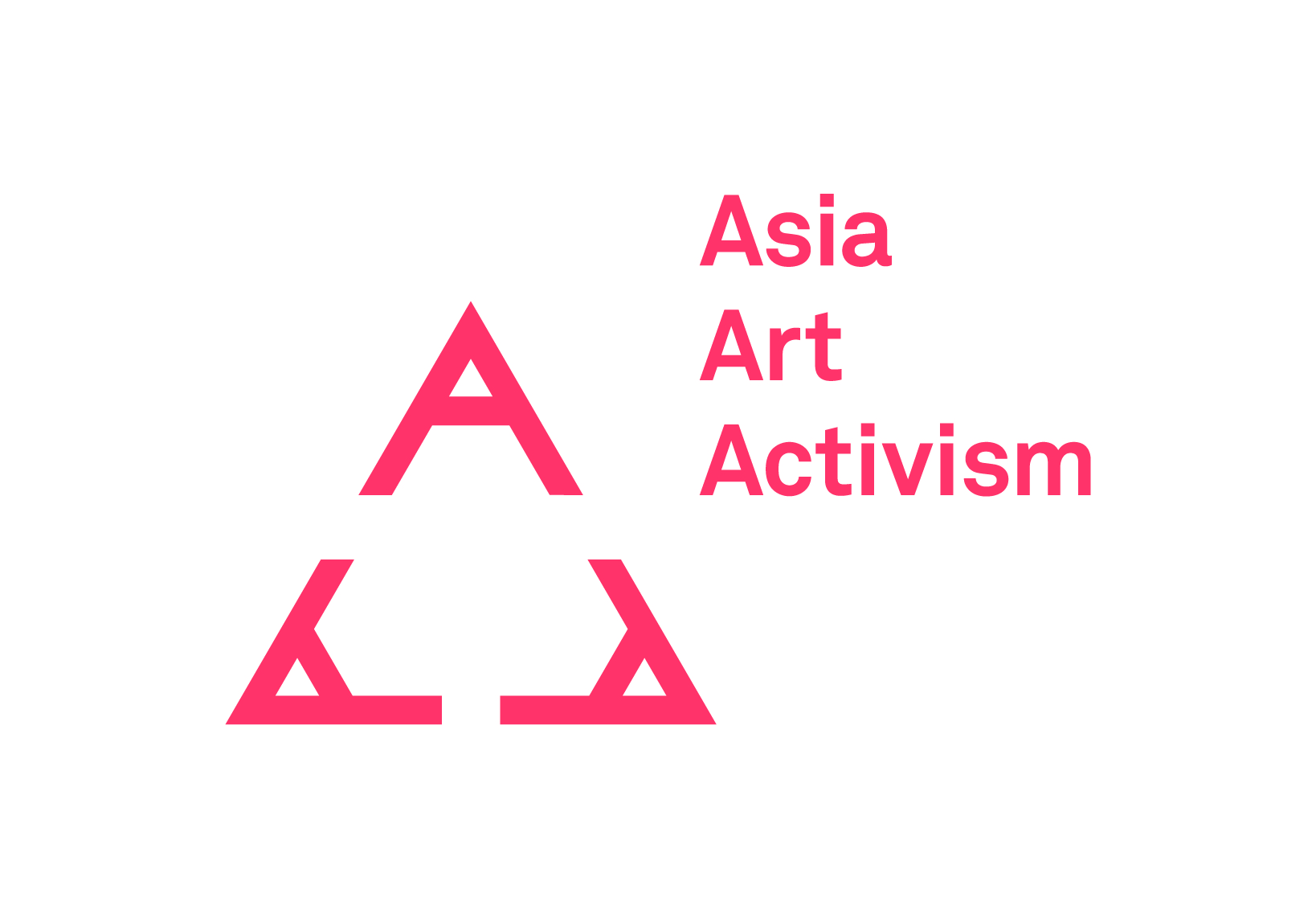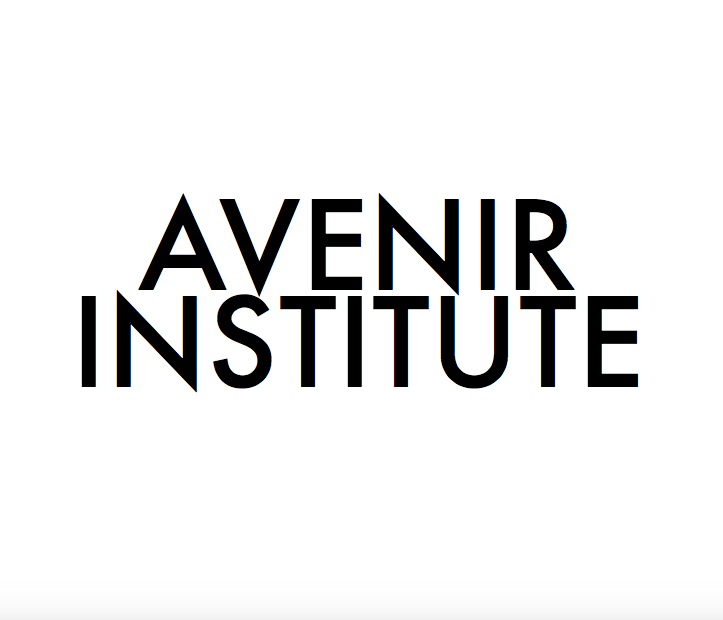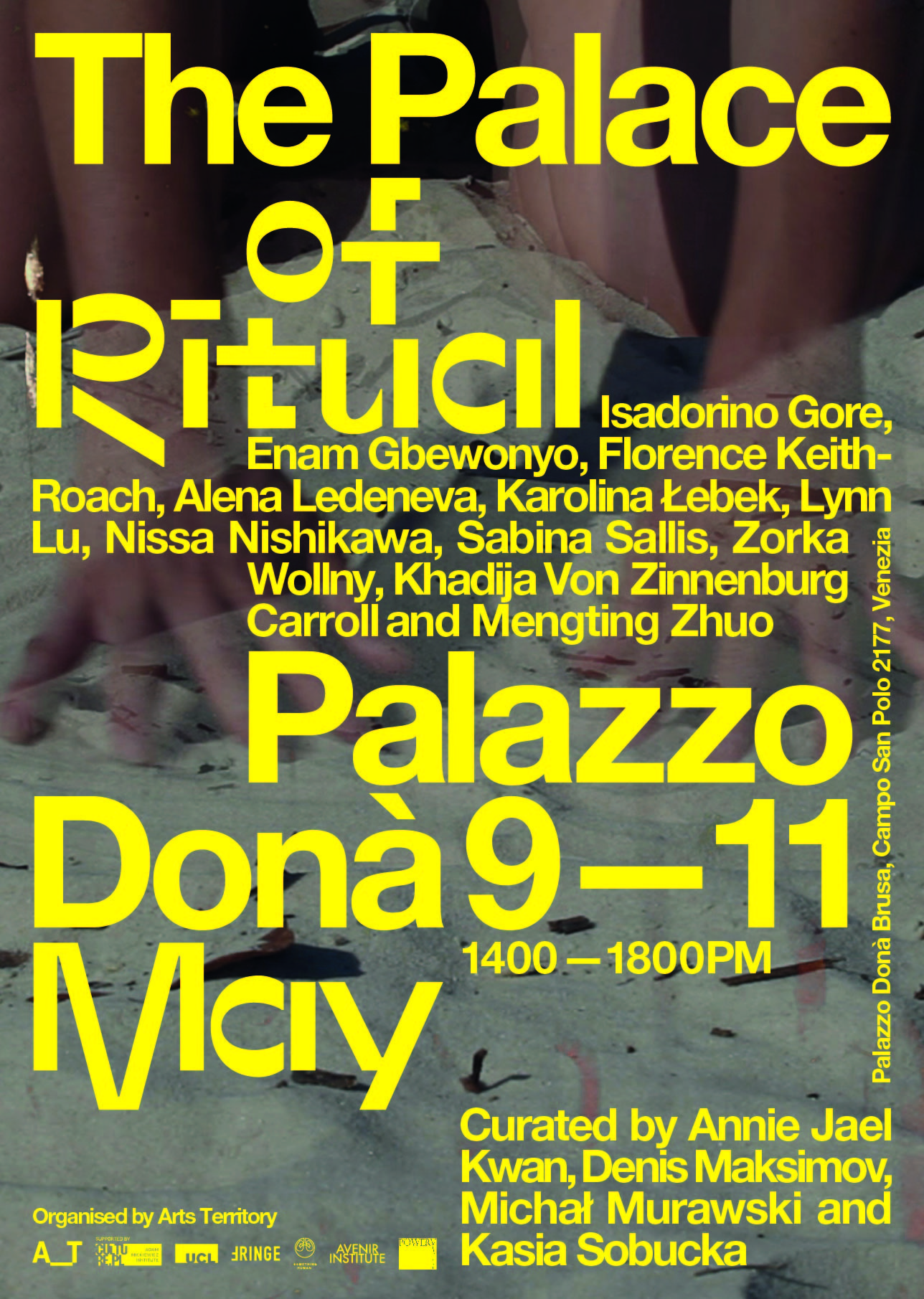
The Palace of Ritual
Artists: Isadorino Gore, Enam Gbewonyo, Florence Keith-Roach, Alena Ledeneva, Karolina Łebek, Lynn Lu, Nissa Nishikawa, Sabina Sallis, Zorka Wollny, Khadija Von Zinnenburg Carroll and Mengting Zhuo
Curated by: Annie Jael Kwan, Denis Maksimov, Michał Murawski and Kasia Sobucka
Palazzo Donà Brusa, Campo San Polo 2177, Venezia
May 9-11 2019, 2 – 6pm
The Palace of Ritual was a programme of immersive, intimate performances, screenings and discursive workshops that aimed to activate heterodox knowledges and practices of healing, sourced from myths, ritual, and cosmology. Participants were invited to awaken from the artificial psychological coma of the accelerating and verticalising present via healing rituals of care, levelling, perversion and futuring.
The programme explored why a return to ‘nature’ is an increasingly pressing need for many people today. Does our ‘post-contemporary’ (or metamodern) world, mediated as it is by unprecedented layerings of artificially intelligent technologies, paradoxically make so-called ‘traditional’ practices and rituals more desirable? What do the concepts of attachment to ritual, spirituality and nature mean today? We revisited older, more divisive rituals, investigating what can be learned and appropriated from their obsolete and hierarchical but seductive styles, shapes and rhythms; and we explored how rituals have been invented, reinvented and adapted today.
Ritual brings together aesthetic creation and a mythos-reinforcing re-enactment of collective histories; it caters to our primaeval need to belong; it consolidates but also – in liminal moments – perverts established social norms and hierarchies. The typology of the Palace – whether a Venetian Palazzo, a Qing dynasty summer residence looted by Lord Elgin or a socialist-era ‘people’s palace’ – provides a grandiose and spectacular backdrop for rituals of every kind. The Palace of Ritual – and its interregional, intersectional programme – explored some winding paths for forging new ritual bodies, ritual aesthetics and ritual politics: perverted, progressive and planetary.
The Palace of Ritual was initiated by Arts Territory and it launched its new pathway of nomadic, fluid and open agency: offering new models of arts commissioning and curating, supporting radical artistic experimentation, research and collaboration, alongside testing new forms of curation.
The programme was devised by Arts Territory together with PASAR (Post-Asian School of Alternative Rites), a new practice-based research project curated by Annie Jael Kwan; Perverting the Power Vertical, a research and arts initiative led by Maria Mileeva, Denis Maksimov and Michał Murawski; the FRINGE Centre at University College London and by Avenir Institute.
The programme consisted of performances; screenings; micro-symposia; and installations.
SCHEDULE
Thursday – Saturday 9-11 May 2.00 – 6.00pm
Installations
Zorka Wollny, Healing Song & Slavness (in collaboration with Małgorzata Mazur)
Alena Ledeneva, Patterns of Informal Power
Screenings
Isadorino Gore, Karolina Łebek, Nissa Nishikawa, Sabina Sallis and Khadija Von Zinnenburg Carroll
DAY 1 - THURSDAY, MAY 9, 2.00-6.00pm
2.00 – doors open
2.30pm Discussion - 40 min
The Palace of (Soft) Power
Alena Ledeneva, Jasmina Cibic, Khadija von Zinnenburg Carroll, Denis Maksimov
3.30pm – Performance - 20 min
Florence Keith-Roach Straight Lines – play reading
5.00pm Drinks/ banquet/ performance
Karolina Łebek Purge, DJ set - 40 min
DAY 2 - FRIDAY, MAY 10, 2.00-6.00pm
2.00 – doors open
2.30pm Discussion - 40 min
Towards a Perverted Palatiality
Sarah Wilson, Annie Jael Kwan, Maria Mileeva, Michał Murawski, Peter Zusi
3.30pm – 6.00pm Performance
Mengting Zhuo, Six Crosses
Lynn Lu, The ocean’s refusal to stop kissing the shore
5.00pm Drinks/ banquet
DAY 3 - SATURDAY, MAY 11, 2.00-6.00pm
2.00 – doors open
2.30pm Lecture-performance - 20 min
Denis Maksimov and Timo Tuominen The Pythian Games of Futures
3.00pm Lecture-performance - 20 min
Jeanne Pansard-Bessonand Denis Maksimov, The Penelopiad Project
4.30 pm Performance - 20 min
Enam Gbewonyo, Nude Me/ Under the Skin: The Awakening of Black Women’s Visibility
5.00pm Drinks / Banquet
PERFORMANCE PROGRAMME
Enam Gbewonyo, Florence Keith-Roach, Lynn Lu, Karolina Łebek, and Mengting Zhuo
Enam Gbewonyo
Nude Me/ Under the Skin: The Awakening of Black Women’s Visibility one Pantyhose at a time.
(Performance of Healing that payed homage to Senga Nengudi’s R.S.V.P body of work.)
Enam’s performance spoke to the sensuality of the female form as well as the elasticity and malleability of the human body. It represents the many forms of bondage that constrict the black woman to fit a mould that is not for her. The piece centred around activating her artwork made from recycled nylon tights and was coupled with an audio monologue – a fictional telling of four black women’s relationships with tights. Symbolising the third eye and oculus, the artwork, once activated through movement, became a portal through which Enam’s matrilineal ancestors are channelled.
The artist acted as the central figure in conversation with the four fictional figures presented in the monologue. At first rigid and angular, representing constriction, her movements morphed into the more fluid traditional Ewe (Ghana) dance, Agbadza (pronounced ag-bah-jah). This is the point of resistance and awakening. Agbadza functions as a process of healing and reawakening the seven chakras by creating a flow of expansion and contraction linked to the body’s spinal chord.
To arrive at the point of reclamation, black women must face the pain of ancestors’ past and release it in order to open up a space to receive their love and healing. Enam’s performance was as a vessel for this process of healing.
Florence Keith-Roach
Straight Lines: reading of play excerpt with musical accompaniment.
Claire (30, British) and Kuba (33, Polish) are trapped in a never-ending queue outside a nightclub in Berlin, a famed palace of perversion whose doormen have a long-standing aversion to couples like them: square, straight, and clad in ill-fitting, borrowed, squeaking PVC outfits. They are cold, fractious, anxious and chafing. Over the course of their sojourn in this eternal, painfully straight queue, with the club and its intimidating promise of purchasable sexual ‘liberation’ looming ahead, the latent tensions that have led them to this imposing portal start to pulsate and pound to the surface.
Lynn Lu
The ocean’s refusal to stop kissing the shore
Referencing a poem by diaspora poet, Sarah Kay, PASAR presented a new performance-as-research project by Lynn Lu that recalled mythical vanished lands including Atlantis, Hyperborea, Thue, Mu, Rutas, Lemuria and Kumari Kandam, and scientifically confirmed ones such as Zealandia, Dvārakā, Sundaland, Kerguelen Plateau, Beringia, Maui Nui, Ferdinandea, Ravenser Odd, Dadu Island, Tebua Tarawa, and Abanuea. Sited on the fragile yet resilient island of Venice, slowly tilting and sinking since the 5thcentury, old and reinvented rituals memorialise the eventful reconfigurations of land and pay tribute to the rising waters.
At The Palace of Ritual, with an accompanying audio track of mourning chants, the artist led a participatory making session in which visitors were able to create personalized floating offerings for the sea using flowers, incense, and other objects. All the offerings were set afloat in a nocturnal ritual. At different sites around the island near the water’s edges and key locations – the artist led a process of live inscriptions at dawn – using a brush and brine as well as chalk – of the names of submerged and submerging land masses. As the sun grew hotter and evaporated the water, these names materialized as salt crystals. As the city awoke, the pedestrian footfall gradually wore away the crystalline calligraphy and chalked traces.
Karolina Łebek
Purge – DJ set
Purge, DJ set with vocals, approx. 40 mins. Drawing on ancient practises of shamanic healing, Karolina Lebek presented a new sound performance, mixing live vocals with a specially designed immersive soundscape. Through an interest in mysticism and spirituality, Lebek created a sonic space in which weaving a tapestry of pulsating rhythms strove to reveal hidden energies and potentialities achieved through collective listening.
Mengting Zhuo
Six Crosses
PASAR presented Six Crosses, a durational participatory performance by Mengting Zhuo that offered a one-to-one experience of 'Six Crosses', a Chinese divination method stated in the I-Ching. Six lines or broken lines make a hexagram, and reading them can lead us to understand ‘synchronicity’, a term coined by the psychologist Carl Gustav Jung, who argues that we live in a space-time continuum. Six Crosses offered participants the opportunity to delve into their subconscious and reconnect the dots between signs, symbols and reality.
SCREENING PROGRAMME
Isadorino Gore, Karolina Łebek, Nissa Nishikawa, Sabina Sallis and Khadija Von Zinnenburg Carroll
Isadorino Gore
The Return of the Gift
This film documents a ritual dance, portraying the receipt and return of a gift given by power, performed in July 2018 in the newly-opened Zaryadye Park in Moscow, adjacent to the Kremlin. The film also documents ritual meditating on and enacting ‘democratic’ forms of spending time, an entreaty (chelobitye) and an expression of heartfelt gratitude to the Tsar. The Kremlin features in (almost) every shot, a silent participant in the ritual.
Karolina Łebek
Watra
In her work, Karolina Lebek explores her Lemko heritage through the medium of traditional song and singing as one of the factors that continue to unite this now dispersed community. The artist investigates themes of migration, displacement and assimilation informed by experiences of the Lemko community – an ethnic minority forcibly removed from their ancestral homeland in the Carpathian Mountains in a series of violent deportations, culminating in Operation Vistula in 1947. Throughout the tragic history of the banished Lemkos, worship and singing have remained crucial and unifying factors in recognising and maintaining a shared sense of cultural identity, revealing unique mythologies, forgotten rituals and rites of passage. Lebek drew on the cultural, spiritual and personal accounts of violence, trauma and shame manifested through generations to create a musical, performative and visual experience in which the wounded voices of the past mould into a song in the present, striving for recognition and reparation. This work takes inspiration from ‘watra’ – a large bonfire, built to evoke memories of things past, or to revive a sense of community.
Nissa Nishikawa
Relations of Fire
Fire is regarded as the highest active and adaptable element. One in essence, though manifests itself in three general species – celestial, subterraneous and culinary. It is the cause of all motion, consequently of all mutation or change in nature. It is the principle of all generation and the primal source of all forms. It is the nature of light. Found in the sun and the fixed stars, all light proceeds from this. The planets and comets and Earth reflect it. And we, the bodies on the Earth, observe this light. Turning towards the wild, this open-air performance incorporated dance, sound and installation and its relationship to pyromancy and husbandry, observing the lyricisms in their violent and concentrated actions.
Sabina Sallis
Thought World and the Society of Nature, 2017
These are video-thoughts – collages that were made during a residency at Labverde in the Amazon Jungle, Brazil. The videos are singular meditations upon the Amazonian landscape, its thoughts and its ‘living logic’. Drawing from diverse ideas such as Eduardo Kohn’s notion of semiotic beings and sylvan thinking, and Descola’s framework of the ‘four ontologies’ – animism, totemism, naturalism and analogism. The video-thoughts employ methods of thinking and making that magnify how we relate and profoundly interact with complex ecosystems, and how mindful, humane and sustainable politics can grow out from appreciative and sensitive engagement with nature-culture.
Zorka Wollny
Slavness
The aim of the Slavness is to mark the field of the meaning of a woman’s freedom and the categories of pace, sound, movement, light, voice, gesture and hearing. The title is based on the play of words between the naming of doing something unhurriedly and the situation of subordination. ‘Being docile to someone’ means submissiveness, submission, loss of control, immobilization. Being subordinate releases the desire to be released from bondage, the need for self-determination. The necessary revolution is not always visible, but it will sprout subcutaneously, underground, under the ice, under the crust of visible surfaces. Doing something slowly, in concentration, is also a matter of daily effort, which enables long-lasting, persistent and joint action. (text by Aneta Szyłak)
Khadija Von Zinnenburg Carroll
Cook’s New Clothes
Cook's New Clothes comprises two counter-monumental, collaborative and subversive public processions, which critically reimagine and reconfigure the aesthetics and politics of Cook's voyages. A single channel film of the two-channel video installation showed funerary processions held on the grounds of palaces of British maritime imperialism. They are ritual performances that commemorate the death of the Tahitian priest and navigator who boarded the Endeavour with James Cook 250 years ago.
INSTALLATIONS
Alena Ledeneva, Zorka Wollny
Alena Ledeneva
Patterns of Informal Power
The FRINGE Centre for the Study of Social and Cultural Complexity presented ‘Patterns of Informal Power’, a new series of artworks by Professor Alena Ledeneva of University College London. Ledeneva’s collection was represented by three monumental pieces: Inner Circle, Scapegoat andSuspended Punishment. Ledeneva states: “Complex phenomena are best to communicate in a non-verbal mode: visual, emotional, associative. Patterns are not intended to illustrate the workings of informal politics, but to reveal the hidden patterns of power – both modern and ancient – and to provoke the audience to develop insights into power’s various dimensions.”
Zorka Wollny
Healing Song
An intimate installation that featured a recording of collaborative musical composition and a live acoustic performance from the Maspindzeli Choir. Maspindzeli is a London based group devoted to singing songs from the ancient polyphonic tradition of Georgia. Set in complete darkness, the installation comprised a collection of curative songs from ancient Georgia showing one of the dimensions used to heal: music. Heard were songs and mantras used by healers to alleviate illness and distress. The songs would be listened in isolation (in a dark, small chapel), to increase the awareness of the nature of polyphony and a feeling of compliance as we wait for the healing that comes. The Healing Song installation used a combination of polyphonic singing, folk repertoire, intonations, accents, pitch and modulations. Songs were mostly in the form of a strophic rondo, with or without a refrain, with mixed choruses of men and women. The collaborative performance between Zorka Wollny and Maspindzeli Choir took place at the ICA, London in 2013 as a part of the Foreignness of Sound project.
MICRO-SYMPOSIA
A programme of performative and perverted symposia, convened by Perverting the Power Vertical and the Avenir Institute.
Perverting the Power Vertical
Towards a Perverted Palatiality
What are the uses of a ‘Palace’, and of different types of grandiose, monumental, luxurious, vertical and patriarchal objects – and the rituals, processions and parades, which take place within and around them? How can we seize, appropriate, repurpose, undercut, trick, twist and pervert palatial forms?
With:
Sarah Wilson, Professor of Global Conceptualism, Courtauld Institute of Art, London;
Annie Jael Kwan, Curator and Director of Something Human and Founding member of Asia-Art-Activism;
Michał Murawski, Lecturer in Critical Area Studies, SSEES, UCL;
Maria Mileeva, Department of Art History, UCL;
Peter Zusi, UCL.
The Palace of (Soft) Power
What does it mean to give a Palace as a gift (or to perform a gift as a parade)? What are the aesthetics, architectures and rituals of informal economic and political practices, of scapegoats, suspended punishments and inner circles, of piracy and trickstery?
With:
Alena Ledeneva, Professor of Politics and Society, UCL, artist;
Jasmina Cibić, artist, London;
Khadija von Zinnenburg Carroll, Professor of Global Art, Birmingham; artist;
Denis Maksimov, Avenir Institute.
Avenir Institute
The Pythian Games of Futures
During the lecture-performance, Avenir Institute presented the results of the investigation of the Delphi archaeological site as the transcultural centre of the rituals of futures-making and foresight methodologies. They focused on the speculative analysis of what is currently called Temple of Athena Pronaia and Temple of Apollo in the past and their possible futures. The Athena Pronaia Foresight Centre and The Dionysos Thrice-Born Avenirologic Centre, the institutions referring to the truthful nature of the mentioned Delphic sites, which are currently in charge of the preparation of the Pythian Games of Futures, were presented. With Denis Maksimov and Timo Tuominen.
The Penelopiad Project
During the lecture-performance, Jeanne Pansard-Besson and Denis Maksimov read out parts from Homer’s Odyssey and Margaret Atwood's The Penelopiad, enacting the dialogue of authorship across the millennia of history within the omnipresent narrative. The irony clashed with epos and the invisible props entered the conversation with the highlighted heroes. The audience was served figs, watered down wine and honey – as were the suitors for Penelope’s hand in Ithaca.
PROFILES OF DEVISING COLLECTIVITIES
Perverting the Power Vertical: Politics and Aesthetics in the Global East
PPV – convened by Maria Mileeva, Michał Murawski and Denis Maksimov – is a nomadic seminar, event and research platform operating from within the interstices of UCL. PPV deploys the idea of the ‘Power Vertical’ – a term used in some parts of the Global East to refer to various styles of post-Soviet authoritarian politics – as a loose conceptual pivot. PPV seeks to understand how the power vertical works, and to map its styles, shapes and affects; but it also aims to develop tactics to ridicule, trick, twist, undercut, queer, resist and pervert it.
The Avenir Institute
AVENIR INSTITUTE is a think-do tank at the intersection of epistemology, politics, technology and aesthetics with a focus on critical analysis of potentiality in futures. The Institute produces and presents transdisciplinary research and design as academic publications, lectures, foresight consulting, exhibitions, performances and festivals. The Institute was co-founded in 2015 by Denis Maksimov and Timo Tuominen and has established nodes in Brussels, Berlin, London and Athens since then.
THE FRINGE Centre for the Study of Social and Cultural Complexity
FRINGE explores the roles that complexity, ambivalence and immeasurability play in social and cultural phenomena. A cross-disciplinary initiative bringing together scholars from the humanities and social sciences, FRINGE examines how seemingly opposed notions such as centrality and marginality, and clarity and ambiguity can shift and converge when embedded in everyday practices. FRINGE is based at UCL’s School of Slavic and East European Studies (SSEES) and Institute of Advanced Studies (IAS).
PASAR (POST-ASIAN SCHOOL OF ALTERNATIVE RITES)
PASAR is a new practice-based research project curated by Annie Jael Kwan that explores how artists might confront contemporary anxieties including global environmental and climate changes, coastal frontiers and oceanic via decolonial and feminist strategies. PASAR (translated as ‘market’) presents a diverse and bustling diasporic post-Asian world where co-existent gods, ghosts, spiritualism, magicks, predictive texts, and cosmographic rites continue to persist in and pervade socio-political systems, cultural life, and in the cyclical and non-linear exchanges and transactions between generations and communities. PASAR is presented by the curatorial initiative, Something Human, in partnership with Asia-Art-Activism, with additional support from Arts Council England and the Diverse Actions Leadership Bursary for Live Art.
SUPPORTED BY
The Adam Mickiewicz Institute
The School of Slavonic and East European Studies, University College London
The FRINGE Centre for the Study of Social and Cultural Complexity
Istituto Polacco in Rome
The UCL Institute for Advanced Studies
The Octagon Small Grants Fund
Something Human in partnership with Asia-Art-Activism, with additional support from Arts Council England and Diverse Actions.
